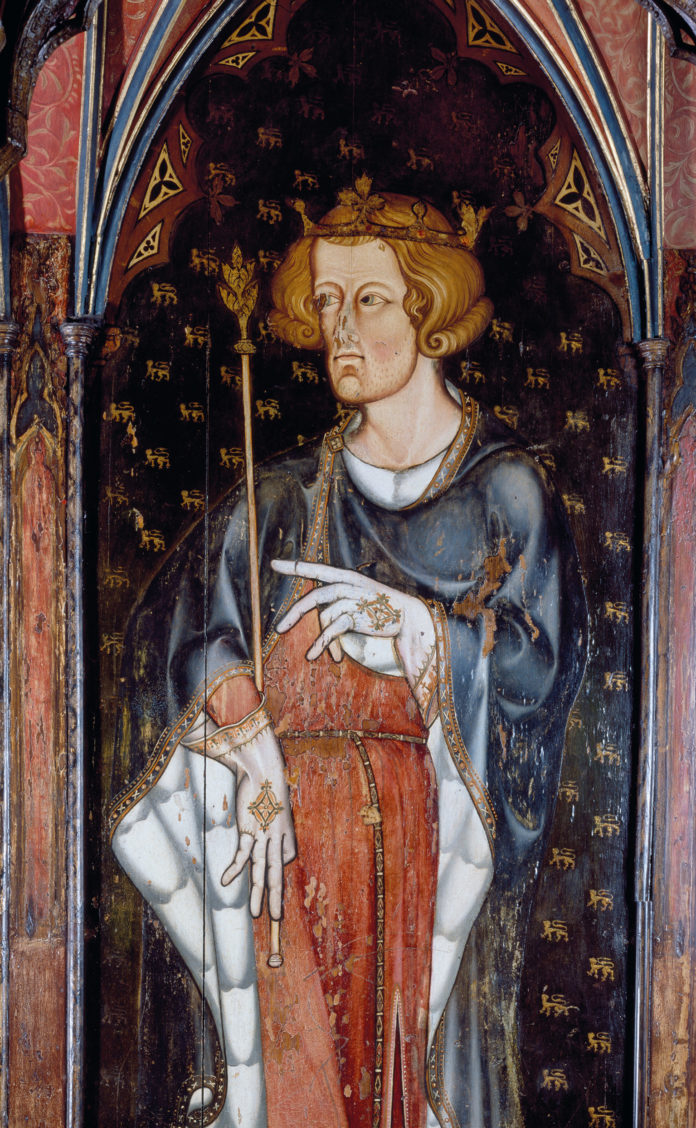King Edward I took an aggressive approach to Wales and Scotland – although he was rather fond of his wife. He reigned from 1272-1307
King Edward I learned of his father, King Henry III’s death in November 1272. However, he wasn’t crowned until 19 August 1274, following a lengthy tour of Europe after his return to England from the Crusades. Arguably, he had been as good as leading the country before this point, after winning the Second Barons’ War in 1267 to defend his father’s name.
Under Edward’s ruthless guidance, England took an aggressive approach to its neighbours. Welsh rebellions were brutally quelled with English laws and policing introduced to the principality. Likewise, when Scotland endured a succession crisis in the early 1290s, Edward asserted his authority during the interregnum. He eventually invaded the country when its people resisted his demands. Coupled with the costs of the continuing Crusades, finances were in a dire state. This caused Edward to make one of the more questionable decisions of his reign: expelling all Jews from England, seizing their property and savings.
The ban wasn’t overturned until 1656. Edward wasn’t an entirely heartless leader, as seen in his fond tribute to his first wife, Queen Eleanor, following her death in 1290. After being embalmed in Lincoln, the queen’s body was carried south to London and buried at Westminster Abbey. Edward commemorated this final, 12-day journey with a dozen ornate crosses placed at each nightly stop. Three of them survive today, including one at Waltham Cross, while a replica of the final cross can be found outside Charing Cross station in central London – romantic sorts like to believe the name “charing” derived from the French chère reine, or ‘dear queen’.
Key dates
- 1284 – The Statute of Rhuddlan saw English common law and sheriffs imposed on North Wales
- 1287 – Floods destroy the medieval Sussex town of Winchelsea. It was later rebuilt on a nearby clifftop
- 1305 – Sir William Wallace, made famous by the 1995 film Braveheart, is killed during the Wars of Scottish Independence






 © 2024
© 2024